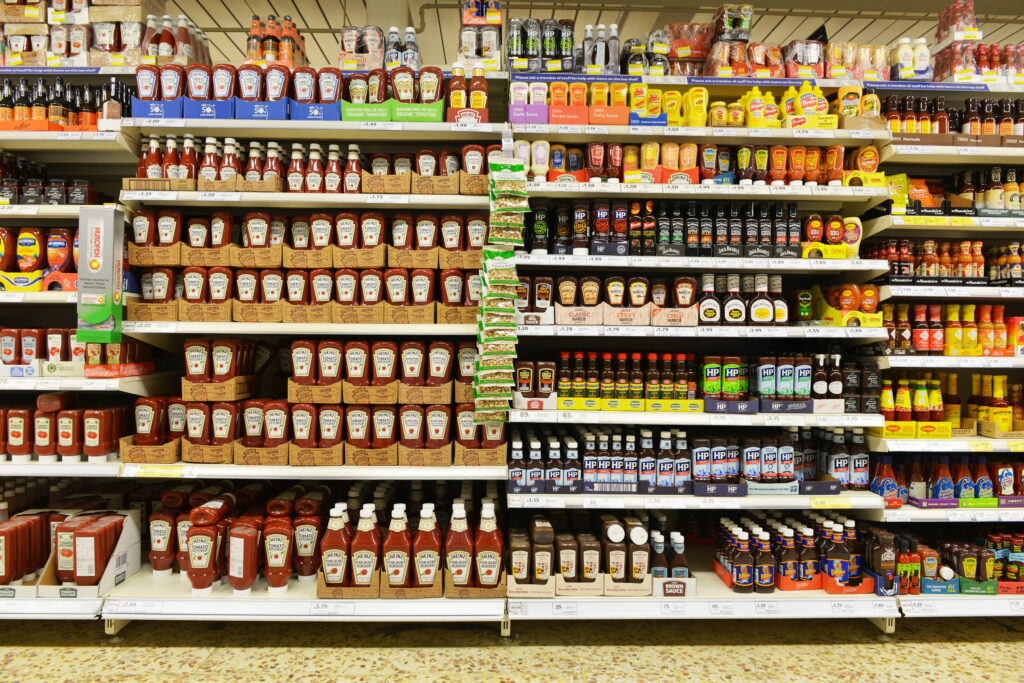During her session at the conference, Ms Grant will delve into the complexities faced by compost and anaerobic digestion facilities.
OPINION: There are lots of statistics about food waste and its impact on the environment.
One of the most memorable for me, is that sending just 1kg of food waste to landfill produces the same carbon emissions as landfilling a staggering 25,000 500ml plastic bottles.
That’s a good reason to make sure we are reducing food waste, conducting effective separate collections where food waste exists, and maximising the value of recycled organic materials. The National Food Waste Conference is taking place on 7th March and it’s a good opportunity to discuss quality food waste collections as many local authorities are looking at how they plan to comply with the ‘Simpler Recycling’ requirements.

Anaerobic digestion and composting are sustainable solutions for managing organic waste and reducing its environmental impact, but contamination causes operational challenges for the treatment facilities and results in increased costs and decreased value of the products.
Treatment facilities
In my session at the National Food Waste Conference, I’m looking forward to speaking about how local authorities can capitalise on this current opportunity to address challenges with food waste contamination.
I’ll be covering the types of materials that are considered as contamination, why contamination is a problem, and best practices for preventing it in the first instance. I will discuss how contamination is dealt with at treatment facilities, what regulations and standards they have to comply with and how end products are used for enriching soil health and providing a sustainable source of nutrients.
Sending just 1kg of food waste to landfill produces the same carbon emissions as landfilling a staggering 25,000 500ml plastic bottles
Setting up a new collection is complex and demands lots of time and resources, but getting food and garden waste collections right from the start will provide value to the whole food waste recycling chain. We want to ensure that we are maximising the amount of food waste collected but also that the quality is acceptable.
Comprehensive
Addressing contamination requires a comprehensive approach across the supply chain and we will look at some examples of different interventions. The role out of new collections represents an ideal opportunity to learn lessons from others and attempt to get it right from the start. I’m looking forward to hearing from others during the course of the day and hope that together we can discuss how we can ensure we have high performing food waste collections from households and businesses.
Tickets are running out for the National Food Waste Conference, don’t miss out – book your ticket here!










Subscribe for free